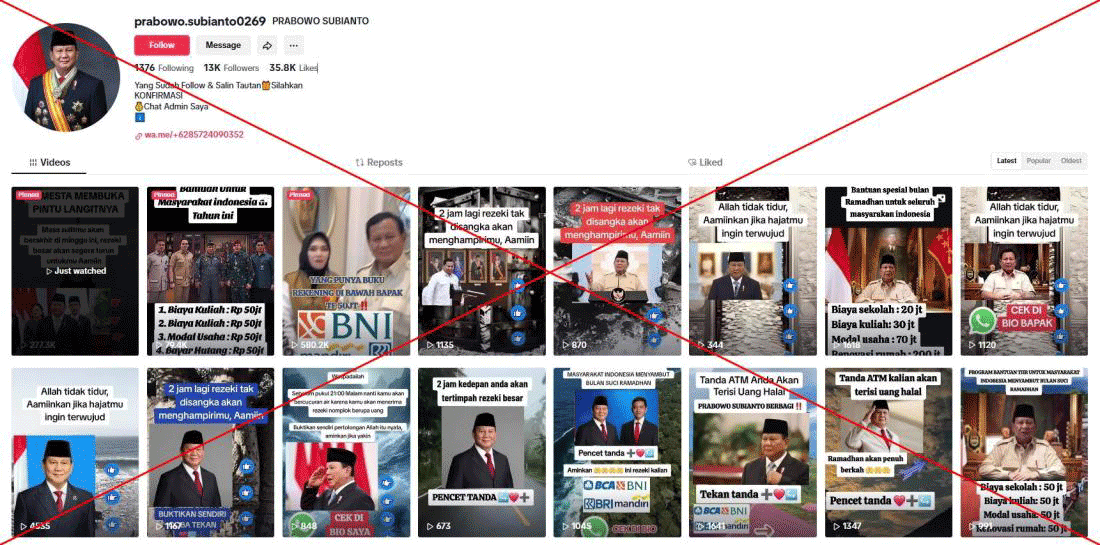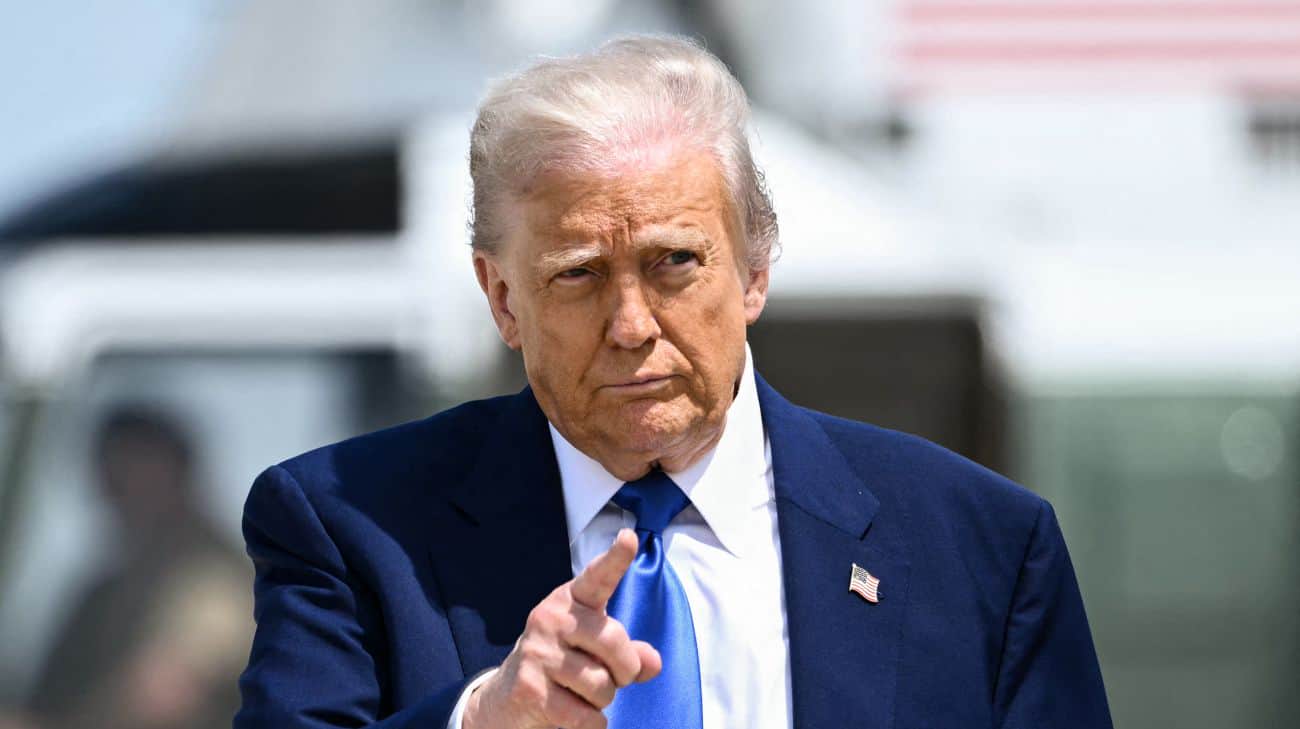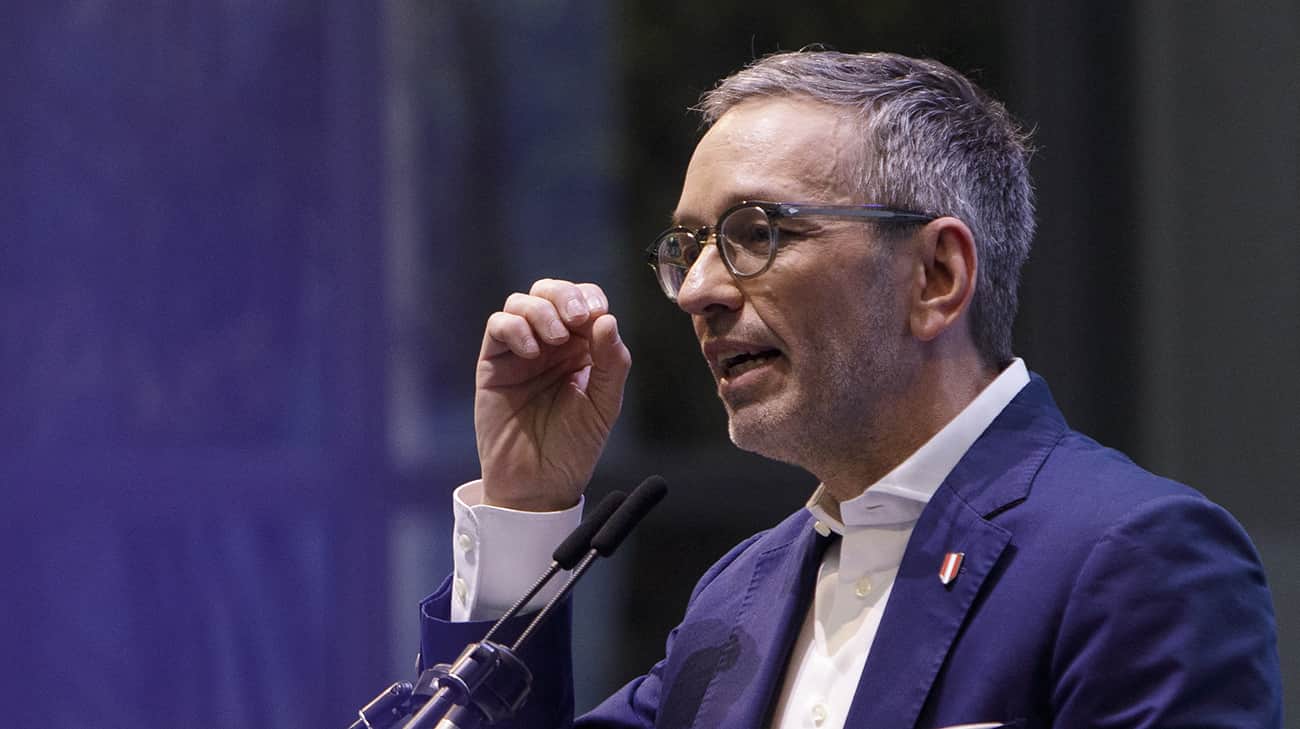Did he destroy artificial intelligence of democracy? 2024 election lessons in the world

The flow of news in recent weeks has made it clear that the elections that have taken place last year in a number of countries of the world have already affected Ukraine and its future. This applies not only to the United States, because in the 2024 elections were held in different corners of the planet. At the same time, it was difficult to call them free and honest.
Last year, every third voter lived in a country where the election quality worsened, according to data International Idea. In the widespread perspective, in the last four years, every five elections in the world have not been recognized as a local opposition or appealed in court.
This has not been influenced by technologies that used both policies within countries and foreign governments to interfere with the political processes of neighbors and more. It is difficult for Ukrainians to be surprised by reports of Russian in elections, but a number of countries have become more relevant to China. He interfered with politics not only in the Asian region, but also, for example, in neighboring Poland.
Advertising:
The movement honestly participated in the RightsCon Conference, which was held this year in the Taiwan Taibei capital. As part of the event, he honestly organized a round table, during which experts from different sectors and countries shared the experience and basic election lessons 2024.
Artificial intelligence and misinformation
At the beginning of last year, experts, politicians and scientists expressed fears that abuse of artificial intelligence plays a catastrophic role in elections around the world. In some way, they were right – it is difficult to imagine a modern election campaign without the use of AI in a particular manifestation. However, there was no catastrophe in general.
At the same time, in early 2024, dozens of companies engaged in the development of artificial intelligence tools, signed up Under the declaration of intentions of virtuous settlement of the role of AI in political processes. Did it help to protect the election from the dominance of misinformation with generated images or videos? Only partially, as the government and public fight against fakes still played a more important role.
At the same time, there was no extraordinary impact on the results of the elections of the Shi-Dezinformation. For example, during the Taiwan election, China organized a campaign for the use of dipphers who accused one of the candidates for vice -residents of mistresses. It's just one example Information attacks China, because in the reality of generated fakes, a lot has been spread.
Taiwanese power and civil society at the same time had a proactive position. They cooperated with online platforms and social networks in order to mark similar content accordingly as fakes accordingly. The authorities even developed its own AI tool that helped to show Chinese propaganda.
In Indonesia, artificial intelligence is also pond a tool of political manipulation. Using diplomas, malefactors mimic the candidates' video, promising social assistance to citizens and giving their personal data. In addition, AI technologies were used for the so-called « cute-washing »-changing the image of a controversial candidate, he was represented as a cheerful grandfather who loves dance.
Screenshot of account in Tiktok, who distributed a video of video
Instead in the US voters received calls from the bot that Iimized Joe Baiden's voice, calling people not to vote on local primers. In India, dipphers contained Images of politicians who died before the election but allegedly agitated for some candidates.
It becomes more difficult to detect fake generated news – only approximately 10-30% of such content is removed from large social networks (Facebook, X and others).
The war of narratives
At the same time, experts are convinced that fakes during the election campaigns cannot radically affect who wins. The inter -election period and long -term effects are more important.
It is not enough to simply create a few generated images and publish them on the Internet. It takes a long time to systematically promote narratives that form a certain picture of the world from voters.
These ideas can be very different. For example, it may be about the charges of the presidential democratic election that he is a dictator, and at the same time ignoring the fact that there have been no decades in Russia for several decades. It can also be a statement that the fight against fakes is actually the oppression of freedom of speech.
In addition, it can also manifest in Russia's radically right movements to destabilize the internal political situation in a number of EU countries. Elections in Poland, Germany, France took place in such reality.
This war of narratives and ideas did not begin with the announcement of the start of the election in a particular country. It lasts a long time – somewhere more successfully, somewhere the opposite. For Ukraine, one of the main challenges is that the authorities of one of the most influential countries in the world spread narratives not in its favor. One of these ideas is the need to hold elections during a full -scale war.
If much of the fakes during election campaigns was a manifestation of the internal political struggle, then long -term information attacks are usually an indicator of foreign intervention. Sometimes such campaigns can seem absurd, but they still have their influence.
So, for example, happened to Dipfey Video of Russian propaganda, where the actor played allegedly mobilized Ukrainian military with Down syndrome. It was directed to the European audience and even received a response. Russian intervention is not limited to the use of news or television. In Germany, Russian propaganda, for example, is actively distributed through entertainment and comedy videos or posts.
Read also: Agitation without rules: Why political advertising in Telegram is dangerous
What next?
This text has begun with a rather sad statistics that can think about rolling up democracy around the world. And the experience of last year's elections, on the one hand, confirms it.
However, this does not mean that democratic countries are powerless over the threat of manipulation and foreign influence. On the contrary, the successful experience of some countries shows that active interaction of government, civil society and technological companies can minimize risks.
At the same time, the role of governments is perhaps the most important. Last year, we observed two examples of Russian intervention with completely different results – Moldova and Georgia. In the first case, the authorities proactively opposed Russian manipulations, in the second – quite the opposite.
Is there a threat of freedom of speech with a proactive position of power? Perhaps, however, reality makes the risks weigh. The threat that foreign governments or just local oligarchs will try to intervene in elections is sometimes higher. As practice shows, this can happen with a much older democracy than Ukraine.
The struggle for truth should not be limited to the election campaign. In this case, any action will be delayed. Point counteraction to information campaigns should occur in parallel with more stable solutions. Some of them are not innovative to us, but practice proves that they are effective.
Such examples include voter enlightenment and media literacy training, development of partnership networks among local NGOs and establishing their cooperation with local governments. This work takes time, considerable effort and money. With changes in the US, it became more difficult to make it, but the need has not disappeared.
In 2025, elections will be held again in the world, some of them will directly affect Ukraine's future in the international arena.
The last elections in Ukraine took place almost five years ago. The world and election technologies have changed during this time. Therefore, it is necessary to prepare, given, in particular, the experience of other countries.
Victoria Maximov
A column is a material that reflects the author's point of view. The text of the column does not claim the objectivity and comprehensive coverage of the topic that rises in it. The editorial board of « Ukrainian Truth » is not responsible for the accuracy and interpretation of the information provided and plays only the role of the carrier. The point of view of the UP editorial board may not coincide with the point of view of the author of the column.







